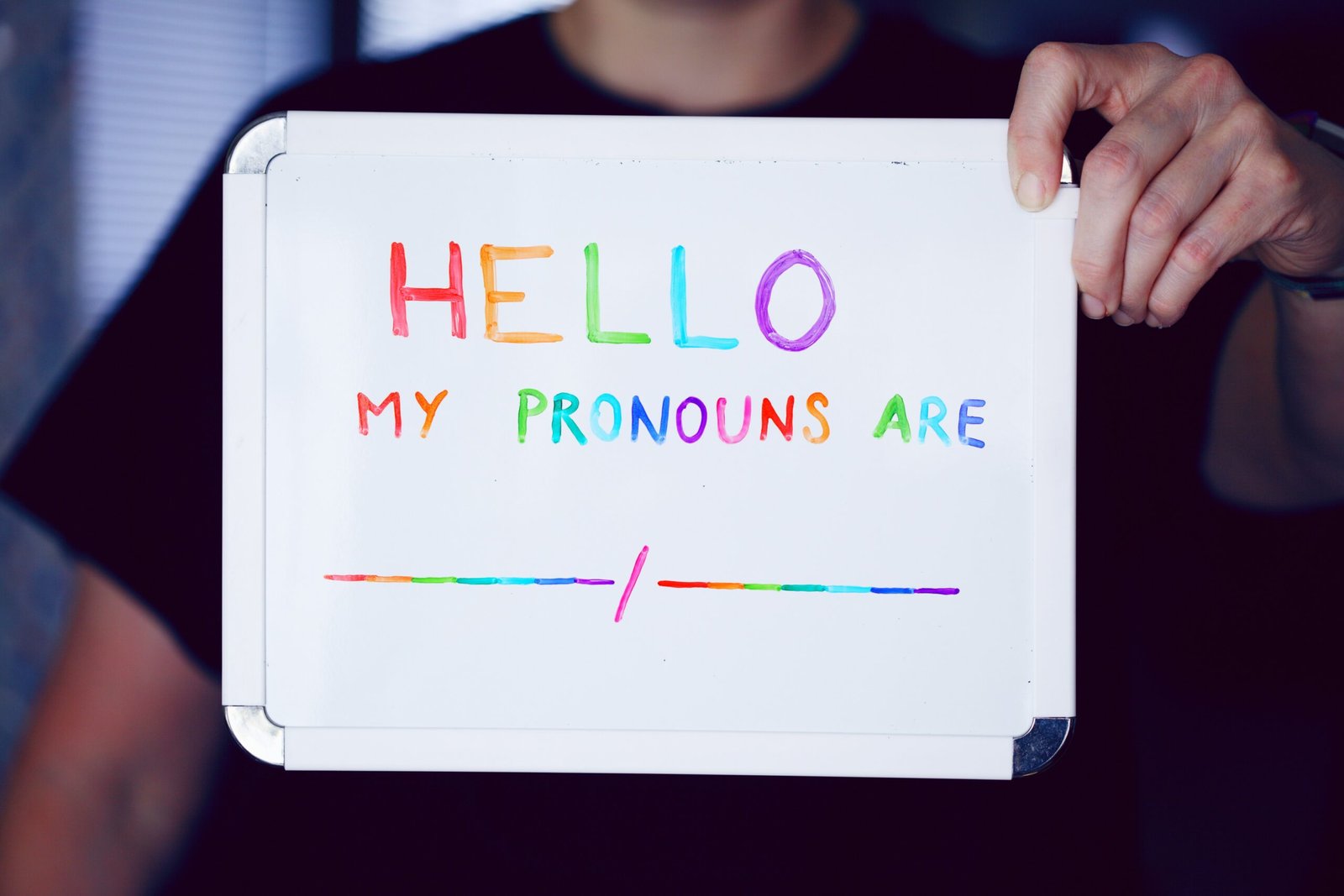Legal Recognition and Rights for Non-Binary and Gender Diverse Individuals
In recent years, there has been a growing recognition of the diverse identities that exist beyond the traditional binary framework of male and female. Non-binary and gender diverse individuals have long been marginalized and overlooked when it comes to legal recognition and rights. However, progress is being made to address these issues and ensure equal access to sexual accessibility for all individuals, regardless of their gender identity.
Legal Recognition of Non-Binary and Gender Diverse Identities
One of the key challenges faced by non-binary and gender diverse individuals is the lack of legal recognition for their identities. Many legal systems around the world still operate on a binary model, which only recognizes male and female genders. This not only erases the existence of non-binary individuals but also denies them access to certain rights and protections.
However, there have been significant advancements in recent years towards recognizing non-binary and gender diverse identities. Some countries and jurisdictions have introduced legal provisions that allow individuals to change their gender marker on official documents to a non-binary or gender diverse option. This recognition is a crucial step towards ensuring that non-binary individuals are seen and acknowledged by society.
Implications for Sexual Accessibility
The legal recognition of non-binary and gender diverse identities has important implications for sexual accessibility. It addresses issues related to relationships, healthcare access, and protection from discrimination.
Legal Recognition of Relationships
For non-binary and gender diverse individuals, the legal recognition of relationships is often a complex and challenging issue. In many jurisdictions, legal frameworks are designed around the assumption of a binary relationship model, where individuals are classified as either male or female. This can create barriers for non-binary individuals who may not fit into this framework.
However, with the recognition of non-binary and gender diverse identities, there is a growing recognition of diverse relationship models. Some jurisdictions have started to introduce legal provisions that allow for the recognition of non-binary relationships, such as civil partnerships or gender-neutral marriage. This ensures that non-binary individuals have the same rights and protections as their binary counterparts when it comes to forming legal relationships.
Healthcare Access
Another important aspect of sexual accessibility for non-binary and gender diverse individuals is healthcare access. Many healthcare systems are designed around the binary model, which can result in challenges for non-binary individuals seeking appropriate healthcare.
However, with legal recognition, healthcare providers are becoming more aware of the unique healthcare needs of non-binary individuals. Efforts are being made to provide inclusive and gender-affirming healthcare services, including access to hormone therapy, gender-affirming surgeries, and mental health support.
Protection from Discrimination
Legal recognition of non-binary and gender diverse identities also plays a crucial role in protecting individuals from discrimination. Without legal recognition, non-binary individuals may face discrimination in various aspects of their lives, including employment, housing, and public services.
However, with legal recognition, non-binary individuals are afforded the same protections as their binary counterparts. This includes protection from discrimination based on gender identity, ensuring that non-binary individuals have equal access to opportunities and services without fear of prejudice or mistreatment.
Conclusion
The legal recognition of non-binary and gender diverse identities is a significant step towards ensuring equal access to sexual accessibility for all individuals. It addresses issues related to legal recognition of relationships, healthcare access, and protection from discrimination. While progress has been made, there is still work to be done to ensure that non-binary and gender diverse individuals are fully recognized and included in all aspects of society.

